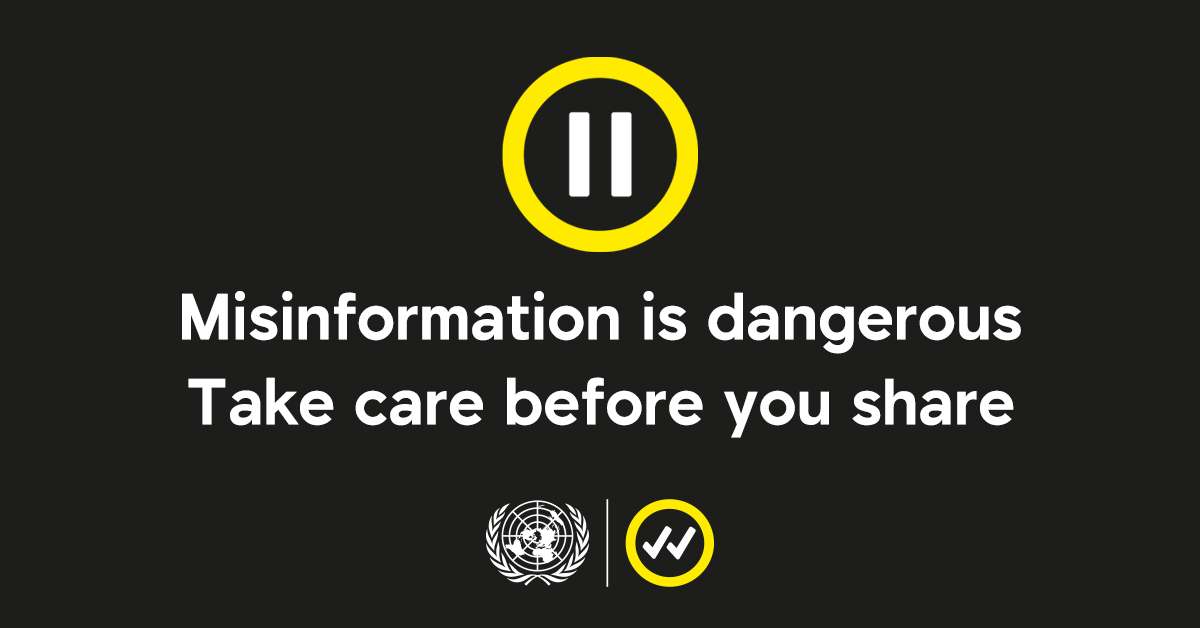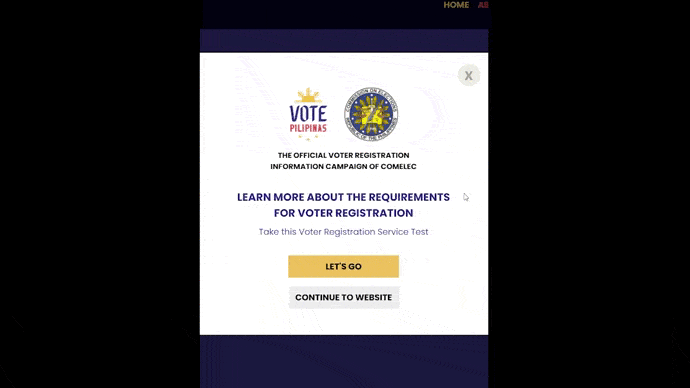Truth-telling in the age of disinformation
An inconvenient truth is that the May 13 elections may again be a manifestation of our people’s political literacy, as mentioned by former ombudsman Conchita Carpio Morales during the Disinformation and Democratic Decay forum.
“Why deceptive information erodes democratic institutions and how to fight forward” was the theme of the 2nd Conference on Democracy and Disinformation held last April 22, 2019. Disinformation in the digital age is “fake news” and more. In John Nery’s book Democratic Decay and Disinformation in the Digital Age, disinformation uses information technology to create, distribute and amplify the power of networked lies. Democratic decay is the gradual deterioration of the institutions of disinformation in the digital age, and “the objective, the very bullseye, of much of digital transformation.” Giving the main address, “Democratic Decay in the Philippines,” Morales emphasized that “the absence of checks and balances mechanism plus a timid press present a clear and present danger to democracy.” She added that one just has to rule by fear and intimidation to impose tyranny. She addressed the Consortium of Democracy and Disinformation (fightdisinfo.com) as “soldiers of truth” who possess the most lethal of all weapons in today’s post-truth era: facts — reliable, timely and unfailing facts.
I am invited to talk about fighting election-related disinformation as part of Kontra Daya’s Voters Education. My audience are students or religious and lay leaders. I combine fact-checking and spotting fake news with a call to action to “be truth tellers” online and offline. At the end of each talk, I tell the audience to consider one person they could influence with, on their choice of candidates. Truth-telling could be a challenge when family or friends disagree with your beliefs and choices. “What if it is my tita sharing fake news? How do I correct her without hurting her feelings?” a student asks. Relationships are more important than correcting someone or insisting on one’s political choice. Preserve relationships. There are indirect ways to show the truth or present one’s perspective. Instead of arguing with them, I post links to factual articles or statistics to social media platforms.
READ: 7 examples of election-related misinformation & disinformation. Submit your examples too.
Truth-telling is a challenge when one is active in social media. The trolls and bots are there to intimidate and challenge the truth. Counterspeech works for those who have the courage to fight back. It is not for everybody. Blocking or muting these accounts are ways to avoid the chilling effect. Instead of a direct reply to their comments, I add a post under my thread. I don’t want to lose focus. Being critical exposes me to labels. I am called “Yellow” (Liberal Party) or “Red” (leftist) as if color-coding critics diminishes the validity of the issues being raised. I suggest sharing the truth in closed, private spaces like Messenger, Viber or WhatsApp.
The problem with people believing disinformation is that, even when confronted with truth/facts, they tend to dig their heels in. These are people trapped in their echo chambers. Bishop Pablo Virgilio David, the keynote speaker, talked about “Truth in the Age of Disinformation” and questioned the criterion for truth. With all the noise in social media, the criteria for truth are changing. The bishop cites examples: “If it is trending, then it must be true.” “If he’s leading in the surveys, maybe he’s the guy to vote for. Who loves a loser anyway?” “I’d rather trust somebody who flaunts his immorality than hypocrites who have skeletons in their closet.” “If most of the comments about him are negative, he probably really deserves them.”
Check your own biases and how your viewpoint could make you see the things you’d like to see. Ask yourself, am I accepting this because of what I believe? Am I believing this because I’m a supporter of the opposition or I’m pro-administration? Bishop David tackled the truth by asking this simple question: “Will your vote in May be for Jesus or for Barabbas?” The bishop believes it could only be for Jesus if the truth still matters to the one who votes, and uses experience, understanding, judging and decision-making to arrive at that vote.
Morales enjoins the people to be advocates of truth and to stand up against the decay of democracy in the country. She tells us to find the truth and expose the lies. “You can’t [speak] in whispers. You should not be afraid. By raising your dissent, there’s no crime committed.” Her address ends with a powerful statement: “Our democracy is sick and truth-telling is the only antidote.”
The Consortium on Democracy and Disinformation (fightdisinfo.com) is a network of journalists, academics, bloggers and other independents, supported by the Ateneo de Manila University, De La Salle University and University of the Philippines. The consortium organized the 2nd Conference on Democracy and Disinformation held last April 22, 2019 at UP Democratic Decay and Disinformation in the Digital Age in Bonifacio Global City. You can download the pdf file of the book at https://fnst.org/content/necessary-controversy-defining-fake-news
First published on April 28, 2019 at the Sunday Times & IT.



